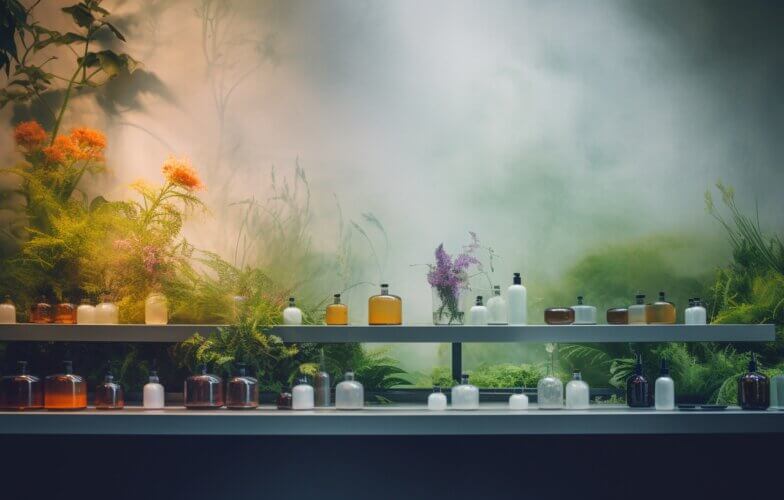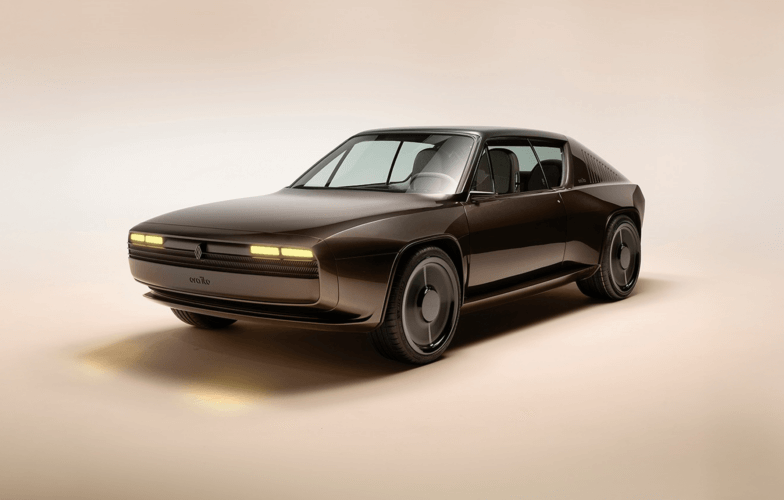Vegan Homes
DecodingsIn the wake of the food, beauty and fashion sectors, the homeware market is falling in step with the vegan trend and finding ways to avoid the use of animal-derived materials.
A British court recently ruled that that the law should protect against workplace discrimination. This movement, which calls for avoiding the exploitation of or cruelty to animals, is gradually building up steam.
In the United States, the number of vegans saw a 600% increase in four years, rising from 4 million in 2014 to 20 million in 2018. According to The Guardian, a record 400,000 people signed up this year for Veganuary (a portmanteau of “vegan” + “January”), an event encouraging people to try not to consume animal-derived products for one month. Event registrations were up substantially compared to last January, when they totaled 250,000.
It has become apparent that, not long after the food and fashion sectors, the homeware market has become more aware of animal rights and started to update a business model that many consumers are coming to reject. In this way, the industry aims to convey its social engagement and deliver a more meaningful message.
Encourage vegan-friendly initiatives
While fashion got a head start in the use of vegan materials by introducing artificial leathers and plant-based materials, the design and interior decoration scene is now up to speed, offering plant-based and cruelty-free alternatives to the leather, wool and fur traditionally used for homeware goods.
The PETA Vegan Homeware Awards “celebrate the products, brands and designers at the top of their game”. In 2018, the Awards recognized IKEA, Zara Home and Anthropologie for their vegan-friendly productions. That same year, the British Instagrammer Suszi Saunders received an Award for her “truly covetable home using only cruelty-free furniture and accessories”.
In 2019, French designer Philippe Starck created “a 16-piece collection for Cassina’s Croque La Pomme installation, using apple industry waste to make vegan friendly furniture”. This sort of experimentation will be key to the development of new materials for contemporary design purposes.
Another innovation is on offer from Buffy, the New York bedding brand, whose vegan comforter is “covered in super-soft eucalyptus lyocell fabric and filled with layers of 100% recycled fiber”. This product also has the advantage of being eco-friendly. According to Buffy, the choice of materials has made it possible to recycle 10 million bottles and conserve over 150 million gallons of water compared to cotton and down bedding since launch.
Interior design is also jumping on board the vegan wagon. A number of platforms (e.g. vegandesign.org , specialized in “healthy and humane” interior furnishings) cater specifically to vegans and/or seek to educate consumers about the effects of using animal-based products in design. According to Deborah di Mare, who founded Vegandesign.org, raising consumer awareness will “push more people to take the next step, from a vegan diet to a fully vegan lifestyle.”
“No longer only a dining trend”
In February 2019 — coinciding with the first edition of Vegan Fashion Week in Los Angeles — the Bompas & Parr design studio announced that it had designed the world’s first vegan hotel suite using only natural, plant-based materials. In other words, no leather, no feathers and no wool. Also in early 2019, the Hilton London Bankside Hotel introduced “the London’s first luxury vegan hotel suite” featuring vegan-friendly materials: the seating is upholstered with pineapple-based Piñatex leather, the pillows stuffed with the filling of one’s choice (organic buckwheat or millet hulls, kapok or bamboo fibers) and the carpets made of organic cotton. The intention behind this approach is to show that “veganism is no longer only a dining trend but can also influence a wider lifestyle choice.”
A few months later, the opening of Saorsa 1875 took place in Scotland. This boutique hotel “designed for vegans, vegetarians and the plant-curious” aims to show that “veganism isn’t just a compassionate, ethical choice” but also, as co-founder Jack McLaren-Stewart has pointed out, a dynamic lifestyle driven by passion. This establishment is vegan down to the last detail, with vegan-certified electricity supplied by the green energy company Ecotricity, cruelty-free cleaning products and plant-based bar/restaurant fare.
While it is still early days for vegan homeware, the concept of veganism – formerly associated with diet alone – is gaining traction as a broader lifestyle choice. What used to be a fringe movement seems to be going mainstream.



